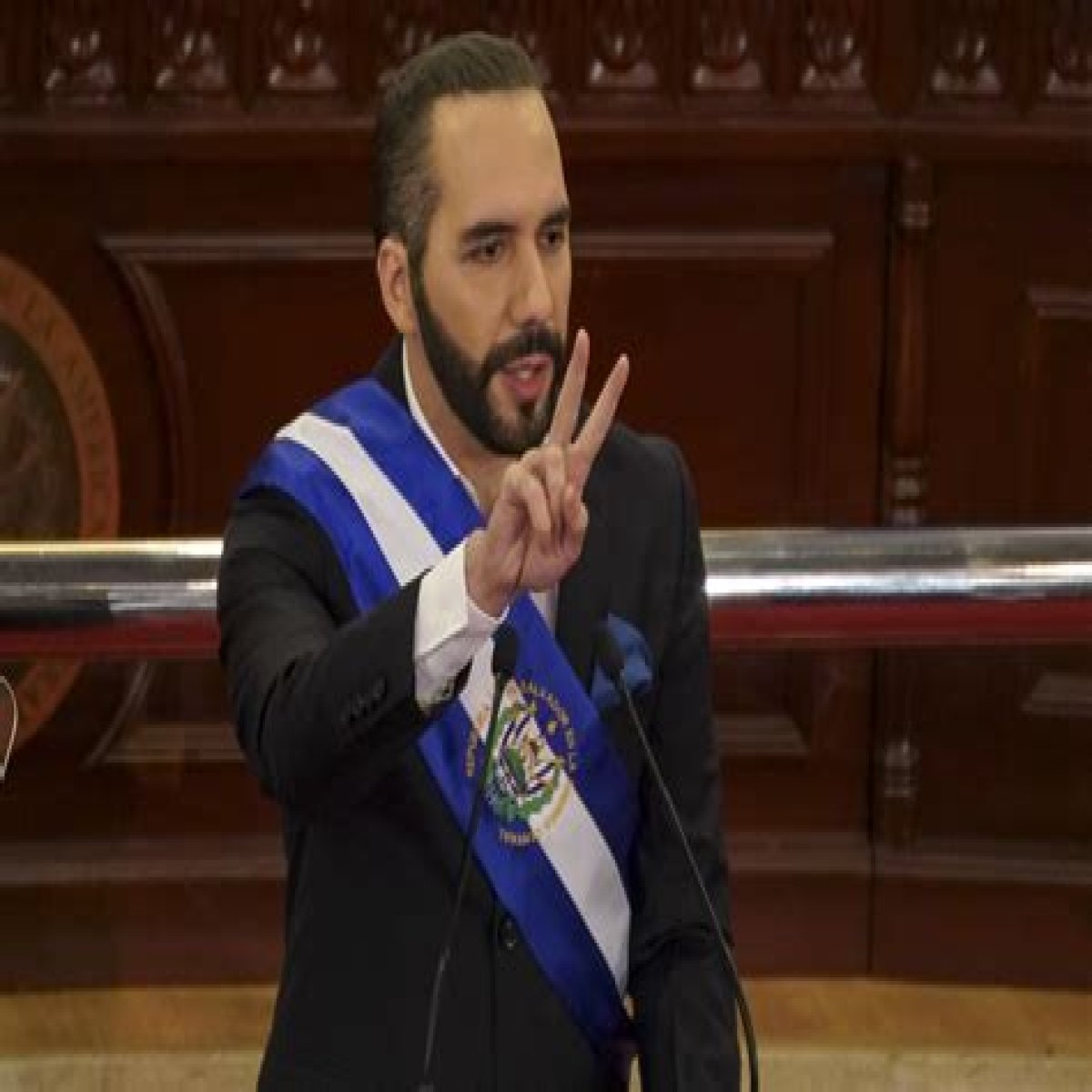When it comes to the religious beliefs of El Salvador's President Nayib Bukele, there is a mix of information and speculation. Bukele, who took office in June 2019, has not publicly disclosed his specific religious affiliation. However, he has made several references to his faith and beliefs in various interviews and speeches.
One of the most notable instances was during his inauguration speech, where Bukele mentioned God and emphasized the importance of faith in his life. He stated, "With God's help, we will transform El Salvador." This statement led many to believe that Bukele is a Christian, possibly Catholic, given the country's religious demographics.
El Salvador is predominantly Roman Catholic, with over 50% of the population identifying as followers of the faith. However, there is also a significant Protestant minority in the country, which has been growing in recent years. Bukele's religious beliefs have sparked curiosity among the public, as his stance on certain social issues, such as same-sex marriage and abortion, remains ambiguous.
Despite the lack of clarity on his religious affiliation, Bukele's actions as president have drawn attention to his views on morality and ethics. He has been vocal about his anti-corruption stance and his commitment to improving the country's economy and security. Many supporters see his leadership style as a blend of pragmatism and idealism, which they believe is rooted in his faith.
As Bukele continues to govern El Salvador, the question of his religious beliefs remains unanswered. Some speculate that he may be a practicing Christian who prefers to keep his faith private, while others suggest that his references to God and morality are simply political rhetoric. Regardless of his personal beliefs, Bukele's presidency has brought renewed hope and optimism to many Salvadorans, who see him as a strong and decisive leader.
In a country where religion plays a significant role in society, Bukele's approach to governance and his relationship with faith will continue to be a topic of interest and debate. As El Salvador grapples with challenges such as gang violence, poverty, and political instability, the role of religion in shaping public policy and social values remains a complex and evolving issue.
Overall, the religious beliefs of President Nayib Bukele remain a mystery to the public, but his actions and statements suggest a deep-rooted sense of morality and conviction that guide his leadership. Whether he will publicly address his faith in the future or choose to keep it private is yet to be seen. In the meantime, Salvadorans will continue to look to Bukele for inspiration and guidance as their country navigates its path towards progress and prosperity.
Keywords: bukele religion, nayib bukele faith, el salvador president beliefs, religious views of nayib bukele, nayib bukele religious affiliation, religion of el salvador leader, nayib bukele christianity, bukele catholic or protestant, nayib bukele morality, faith and governance
